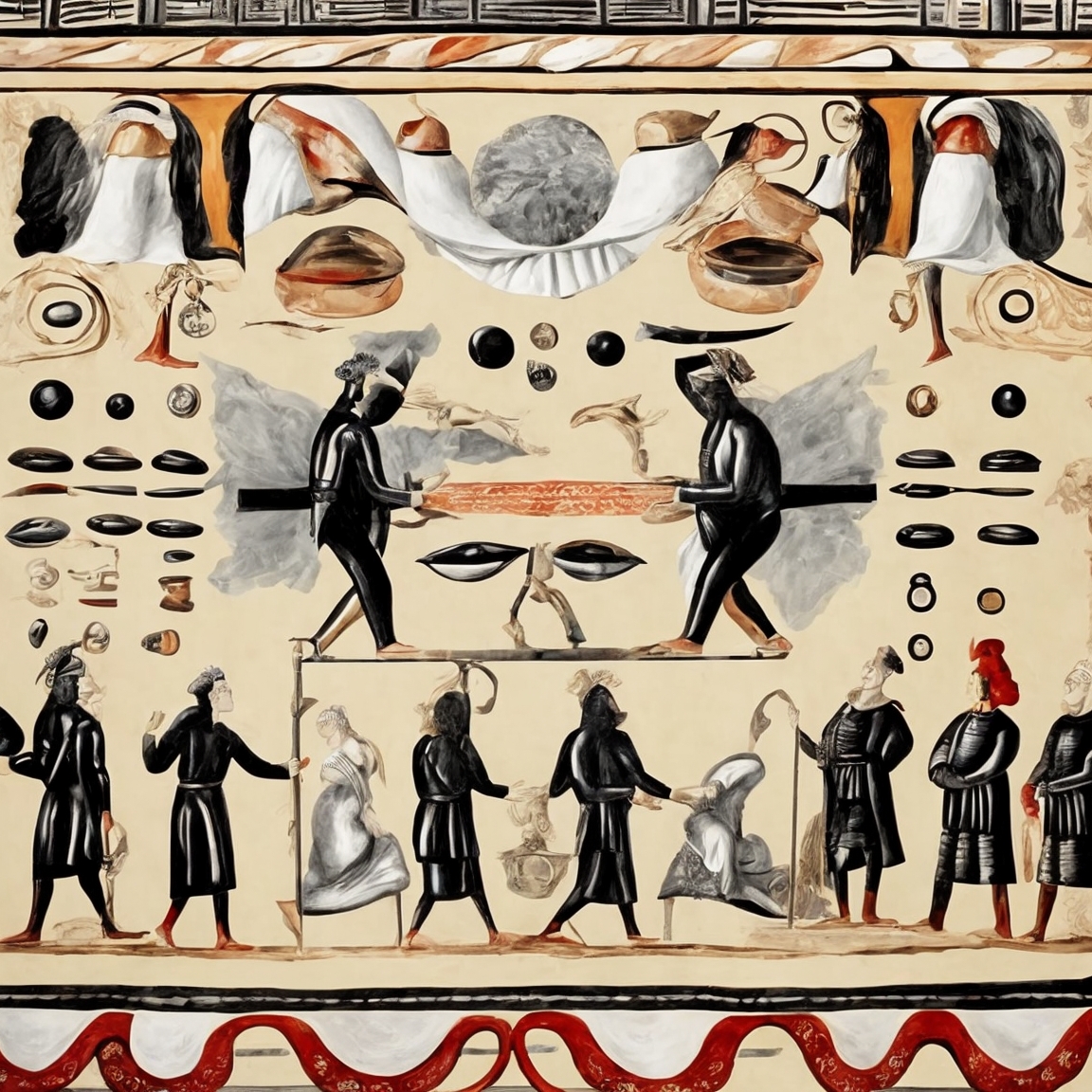The Science of Dreams and Wakefulness: Exploring the Elusive World of Sleep
The Science of Dreams and Wakefulness
A Journey into the Intriguing World of Sleep and Consciousness
Since ancient times, the phenomenon of dreaming has captivated humans, with early civilizations attributing prophetic and divine significance to dreams. Today, science offers a different perspective, delving into the biological and psychological underpinnings of this universal human experience. Join us as we explore the latest research in dream science and the cognitive processes that govern our dreaming and waking states.
Unraveling the Mysteries of the Dreamworld
Our dreams often take us to surreal places, filled with fantastical imagery and narratives that defy logic. What exactly is happening in our brains when we dream? Researchers in neuropsychiatry and psychoanalytic processes are working to uncover the answers. The latest theories explore the role of semantics, communication, and even artistic production within dreams, offering fascinating insights into this elusive world.
The Role of Semantics in Dreams
One intriguing aspect of dream science is the exploration of semantics – the study of meaning in language. Researchers are investigating how our brains process and create meaning during dreams, and whether this can offer insights into our waking consciousness. By understanding the semantic content of dreams, scientists may unlock the secrets of how our brains organize and interpret information.
Communication and Artistic Expression in Dreams
Have you ever had a conversation with someone in your dream, only to wake up and realize it was all in your head? Dreams often involve complex social interactions and communication. Scientists are curious about whether this dream communication can be intentional and if it holds any potential for self-expression or creativity. Could we one day learn to consciously create art or solve problems in our sleep?
The Science of Staying Awake
While dreams may capture our imagination, the science of staying awake is equally fascinating. Let’s explore the cognitive processes that keep us alert and aware during our daily lives, including attention, perception, and the role of neurotransmitters.
Attention and Perception
How do we manage to stay focused and aware of our surroundings while awake? It all comes down to attention and perception. Our brains are constantly processing a vast amount of sensory information, and the way we allocate our attention plays a crucial role in what we perceive and how we interact with the world.
The Role of Neurotransmitters
Neurotransmitters are the chemical messengers of the brain, and they play a key role in maintaining our conscious state. Researchers are studying how different neurotransmitters influence our level of alertness and wakefulness, offering potential insights into the treatment of sleep disorders and conditions like narcolepsy.
Conclusion: Exploring the Inner Workings of the Mind
By delving into the science of dreams and wakefulness, we gain a deeper understanding of the complex and wondrous world within each of us. The study of sleep offers a unique perspective on human consciousness, blurring the boundaries between fantasy and reality, and revealing the incredible wizardry of the human mind.













































